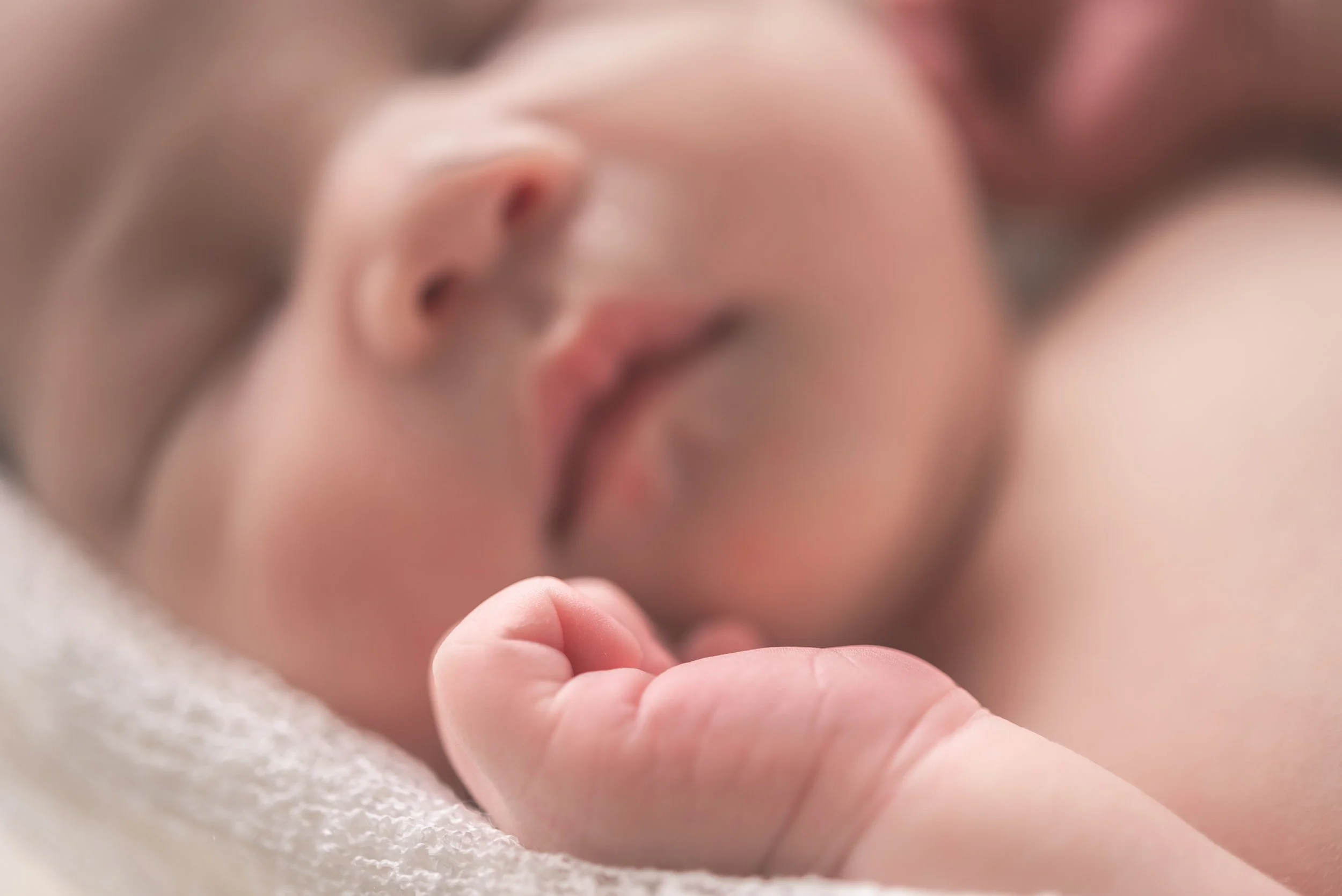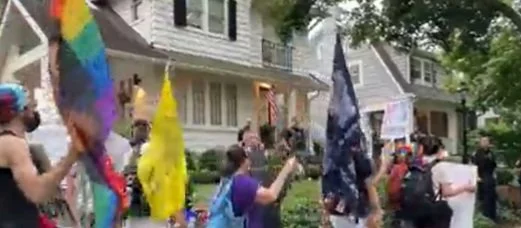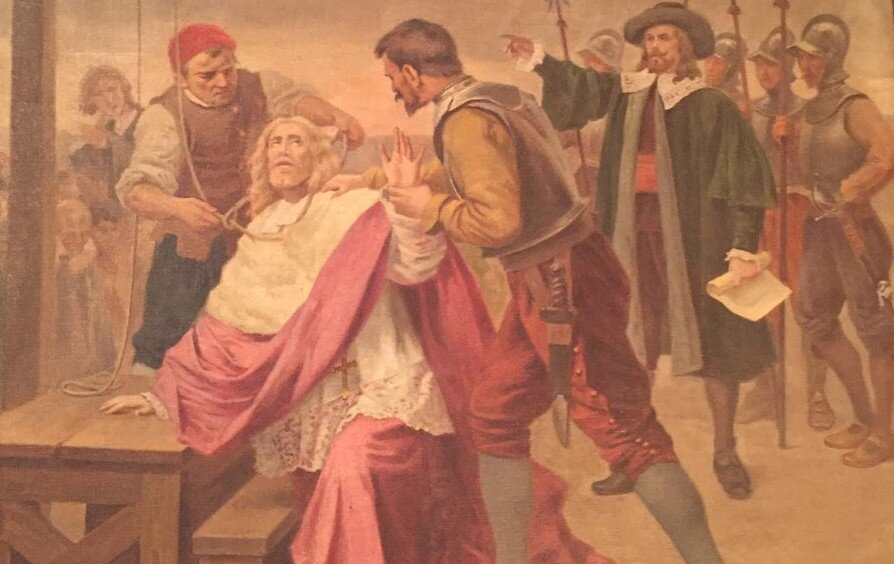The following extract is taken from Desmond Fennell's 1962 essay ‘Will the Irish Stay Christian?’
You can read the full essay at the following link Will the Irish Stay Christian? | Lux Occulta (wordpress.com)
Fennell passed away today aged 92. Ar dheis Dé go raibh a anam.
Part of the current Catholic cant in Ireland is that the “Western world” from Sweden to Argentina, is somehow “good” and the Communist part of the world is “evil” — or at least that the former is “better” than the latter. “Communism” is seen as the main threat to the Christian Church or, in other words, to Christ among us. Now, if our clergy feel that they must talk to the faithful about Communism, it seems reasonable to request them to do some thinking about it. In practice communism means an arrangement of society which is more or less similar to the pagan Roman Empire. The One True God is denied, the State (Caesar) is deified and made the source of all moral authority. Caesar is the false god whom the Communists adore and we have Christ’s plain command: “Give unto Caesar the things that are Caesar’s….” In other words, “Obey Caesar, but don’t adore him as God”. In no instance does Christ tell us to give anything to Mammon or to Ashtaroth. Surely only sluggish or interested thinking could allow us to overlook this very plain fact. The logic inherent in this differentiation of idols is obvious: Caesar (un-deified) is a legitimate part of the rational order: Mammon and Ashtaroth are intrinsically irrational. Caesar (un-deified) is necessary for the common good: deified Ego is the enemy of the common good. But many of the public statements of the Irish clergy could quite easily be understood as meaning that the faithful should prefer the followers of Mammon, Ashtaroth and Ego to the followers of Caesar. This could have dire consequences for many souls.
If the clergy feel compelled to preach against the distant atheism and practically to ignore (or to laud) the atheism surrounding us, then at least they might be requested, in the name of truth, reason and Christian doctrine, to make very clear what they are preaching against and why. Having told us that the Communist State is wrong to claim the things of God, but right to claim the things of Caesar, they can go on to point out that they are not inveighing against “classlessness” as a social ideal, nor against the social elevation of the masses, nor against state enterprise and public ownership as such (witness our own Catholic country as an exemplar of all of these!). They can make clear that they are not against the measures which the Communist State takes in favour of public decency, for the protection of marriage and the discouragement of divorce and for the suppression of pornography; also, that they are far from opposing the massive efforts of Communist governments to bring education and culture to the people and to protect them from trash and from exploitation by commercial advertising. They can point out that when Christian faith is not present — enabling conscience and God’s grace to restrain men from evil and make them good — then it is right that the State should use its power to enforce rational behaviour and the natural law, wrong for the State to fail in this duty; wrong also for the State to claim absolute ownership of the people. By not giving proper recognition to the Catholic Church and to that part of man which is God’s, the Communist State (it can be shown) does as most states do, but more openly and defiantly.
It will still remain to explain why Communism, which is distant from us, should be singled out for attack, while the atheism nearer home is glossed over or indirectly lauded. I cannot think of any justification other than “holy expediency” (if such there be) for lauding the atheism which is nearer to us, but I can suggestion a justification for glossing over it. It is likely that the Caesarian idolatry, because it is at least consistent and more nearly rational, will triumph over the cults of Mammon and Ashtaroth and confront the church for a long time to come. Lenin might be cited in support of this. In an interview with Osservatore Romano in 1924 he said: “A century from now there will be one form of government, the Soviet form; and one religion, Catholicism”. He will probably be proved more or less right.
One reason of course, why good priests, who don’t really think, prefer the reign of Mammon and Ashtaroth to that of Caesar, is that in the atheistic societies of the West the organised Church enjoys “freedom” and the clergy are honoured with a great deal of lip-service and enjoy social status. But is the nature of the “freedom” which the Church in the West enjoys ever really reflected on? Surely, in most countries, it is a purely nominal and legalistic freedom, freedom for the body of the Church, but not for its spirit. It is the sort of “freedom” which a farmer might get from the County Council to farm his land, while the Council reserves the right to spray his land daily with plant poison. In a sense, he is freer than another farmer who is allowed to cultivate his land (which is spread with cheap artificial fertiliser at public expense), but on condition that he himself never moves outside his dwelling-house. It is undeniable, however, that the freedom of the first farmer is not of much use to him, while nothing prevents the second farmer from producing good crops, though himself deprived of full freedom of movement. To make the analogy concrete: in Poland, Hungary or the Soviet Union the Church has better chances of making Christ triumph in the people’s hearts than it has in Britain, Sweden or France.
Often in the past the loss of a Christian people to Christ began with a false identification of Christian interests with the interests of a certain social class or a certain political regime. That is why I have stressed the importance of clear Christian thinking about Communism and the rival idolatries. If the temporal Church and the Christian faithful are led up a blind alley, the dire results of this false leadership must justly be blamed on the Catholic clergy. There is not part of the truth of things which they can afford to be careless about, no part where personal inclinations, laziness or lack of adequate information can be accepted as excuses for error. They claim, after all, to be our leaders in the truth. If they cannot be well-informed about certain matters, they should refrain from preaching about them.
If, in fact, Communist society is less inimical to Christian life and salvation than the society of atheistic capitalism — and I suggest that this is the case — then the faithful should be told this plainly. It is their right to know it. Truth which is played about with meretriciously returns some day like a boomerang.
The simple facts that we live in a world of atheistic idolaters and that, for the foreseeable future, Christians will be a tiny minority, are truths which it seems necessary for the clergy to reflect on and for the faithful to have brought home to them. For this realisation will help us to rebel against the present complacent acceptance of full churches as a “satisfactory state of affairs” and will make us pay much more attention to the development of sturdy, adult individualism in Christian devotion. We live in a world where the flock is always liable to be scattered suddenly. It will be the shepherds’ fault if, knowing this, they haven’t made the sheep aware of the realities of their situation and trained them in the arts of survival.

















































Shocking.